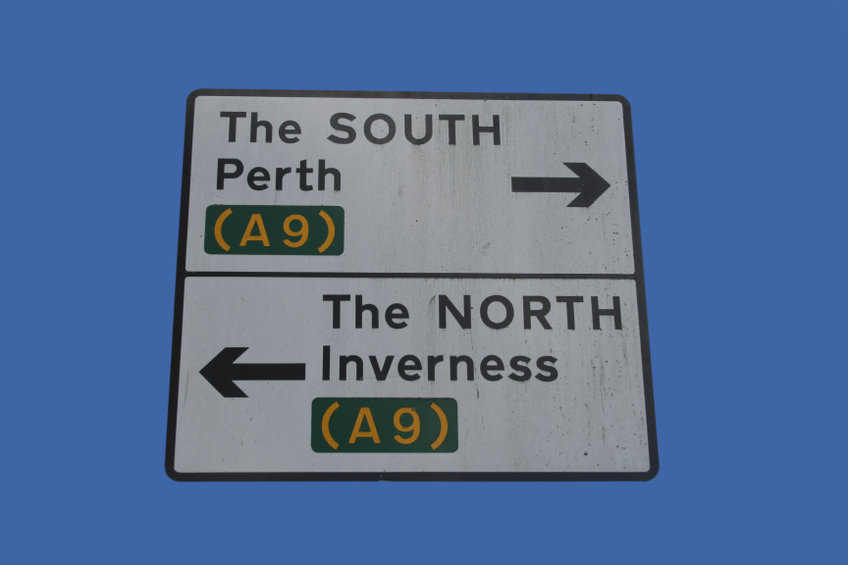
Owners of farms and businesses are being urged to act promptly in seeking compensation for disruption arising from work on one of the biggest infrastructure schemes in Scottish history.
Ministers in Scotland have given the go-ahead to completing statutory procedures for two more sections on the ongoing project to convert the A9 from Perth to Inverness into a dual carriageway.
The ‘Made Orders’ for Projects 7 and 8, Glen Garry to Dalwhinnie and Dalwhinnie to Crubenmore, have been published, totalling over 12.5 miles.
The move opens the way for farmers affected, including those adjoining Projects 7 and 8 of the A9 from Dalnaspidal heading north to Crubenmore, to start preparing claims for compensation for losses caused as a result of the scheme.
Property owners who have no land appropriated can still claim compensation if they are affected by the physical aspects of the scheme, such as noise, vibration, smell or artificial lighting.
Ministers can acquire the land two months after publication of the Notice, but in reality it is likely to be around 12 months before this occurs, and a longer period before work commences.
However, it makes sense to consider the potential eligibility of any claim now, according to Mike Reid, partner at the property consultancy Galbraith.
“Owners with land taken by the proposed scheme may make an advance claim for compensation once their property has been acquired by the Scottish Ministers," he said.
Claims made are assessed at 90% of the potential loss resulting from the scheme, with a balancing payment made based on the actual loss once the scheme has completed.
“As these sections of the new dual carriageway could take up to three years to complete, it is worth submitting an advance claim for compensation to recover at least some of the costs and losses."
Mr Reid is acting on behalf of the owners of the majority of the land affected by Projects 7 and 8, and so has knowledge of the implications of these projects on the adjacent properties.
“People will of course want to ensure they’re adequately compensated for any loss and we have assisted many owners and occupiers along the A9 with claims,” he said.
“Advance work preparing the information required for any compensation claim is important to make sure all aspects of the loss are included.”
In one of the biggest transport infrastructure projects in Scotland’s history, the Highland road is being upgraded to link Inverness with the Central Belt and open up areas along the route for development.
Farmers and other property owners are legally obliged to mitigate any losses and a proactive approach is required to protect property rights and values as well as other rights.
The A9 programme upgrades 80 miles from single to dual carriageways to boost growth through improved safety and quicker journeys, as well as better links to pedestrian, cycling and public transport facilities.
Inverness is the only city in the UK without access to dual carriageway.
